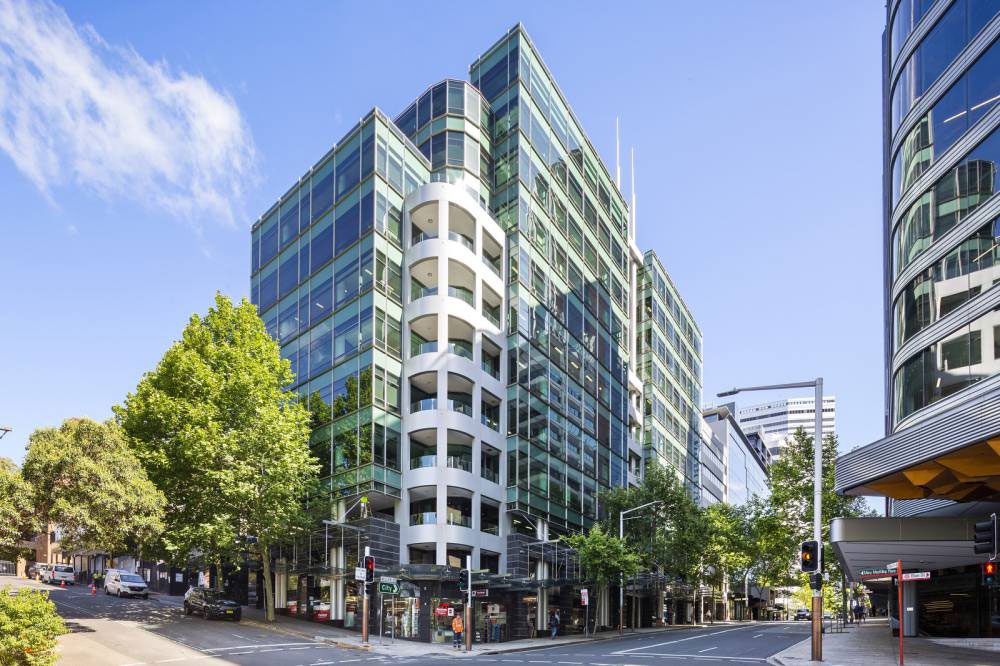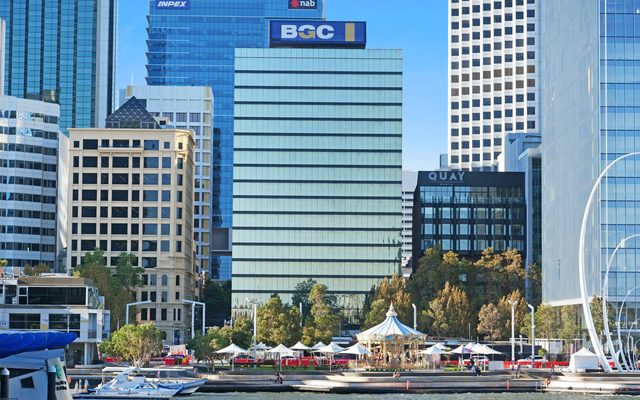This article is from the Australian Property Journal archive
TENANTS taking up space in central, high-quality office towers will help support Australian REIT’s credit profiles amid recent structural shifts in the workplace, according to Fitch Ratings, as valuations slumped for a second straight year.
Australia’s major office REITs – namely Dexus, Mirvac, GPT Group and Stockland – reported the largest negative revaluations for their office portfolios in the current revaluation cycle in their results to the end of June. Their valuations have fallen on average by over 20% since the cycle began in early 2023, with around a 15% decline over the past 12 months, Fitch Ratings said in a note.
Dexus, Australia’s largest office landlord, posted a massive $1.58 billion statutory loss for FY24 that was engineered by the ongoing devaluation of office assets.
Lendlease recorded more than a 10% decline in office valuations in its fund management business in FY24.
“The revaluations across the sector reflect the interest rate-led cap rate expansion at a time of falling net rents as landlords offer higher incentives to attract and retain tenants amid weaker demand for space with the increase in flexible working,” Fitch Ratings said.
However, Fitch said the high-quality, modern and well-located properties in the major REITs’ portfolios will continue to support their strong cash flow visibility and generation across the cycle. Occupancy remained above 90% for the four REITs with weighted-average lease expiries of around five years, and the more heavily-focused office portfolios of Mirvac and Dexus reported around 95% occupancy rates.
“Higher-quality buildings continue to outperform lower-grade properties, as they benefit from strong demand, reflecting tenants’ increasing preference for space in buildings with strong green credentials, good transport access and quality amenities to attract and retain employees,” Fitch Ratings said.
“Furthermore, the differentiation between areas in central business districts is widening. This has been most notable in Sydney, where the midtown and core areas have outperformed the western corridor on rents and occupancy.
“The strength of the REITs’ portfolios also reflects the location of most of their assets in these outperforming areas. They continue to take action to optimise their portfolios through non-core asset sales as they adjust their capital allocation to respond to the office sector downturn. We expect this will underscore strong demand for space across their portfolios and ensure low vacancies.”
Fitch Ratings noted that all four REITs expanded relationships with capital partners and have made lowering the risk of major developments a key requirement as they deliver their development pipelines.
“This will not only reduce required capital outlays, but will also increase the REITs’ exposure to alternative sources of recurring income from the expansion of their asset and fund-management businesses.”
Both Mirvac and Dexus agreed on around $1 billion in non-core asset sales to manage their balance sheets and provide capacity to fund committed developments.
“We believe these measures reduced their incremental capital and debt requirements and enabled all four REITs to absorb the impact of the revaluations while maintaining balance-sheet strength,” Fitch Ratings said.
During FY24 Mirvac jettisoned the 40 Miller Street, North Sydney office building for $140 million, and 367 Collins Street in Melbourne for $345 million, with both deals struck at a 20% discount to peak book values.
Company-reported gearing, generally reflecting debt to tangible assets, at end the end of June remained within target ranges and well below debt-defined covenants.
“We expect these and future measures to allow the REITs to absorb potential negative revaluations as the cycle runs its course, while delivering on their development pipelines as they look to reduce their capital allocation to the office sector.
“These will also aid the REITs in managing their debt levels and interest expense as their exposure to higher interest rates increases with their lower rate hedges rolling off over the next few years.”
Moody’s Ratings vice president and senior analyst Saranga Ranasinghe said Dexus’ full-year result highlights the resilience of the REIT’s good-quality assets, despite a challenging environment.
“Dexus’ office occupancy levels of around 94.8% remain well above the market average, with the portfolio benefiting from flight to quality. The trust’s effective like-for-like income for its office portfolio increased and incentives improved slightly, which remain below the market average.
“Despite falling office asset values, the REIT’s financial profile remains well positioned to withstand any further asset value declines as well as fund its committed developments, with gearing remaining at the low end of its target level of 30% to 40%.”




